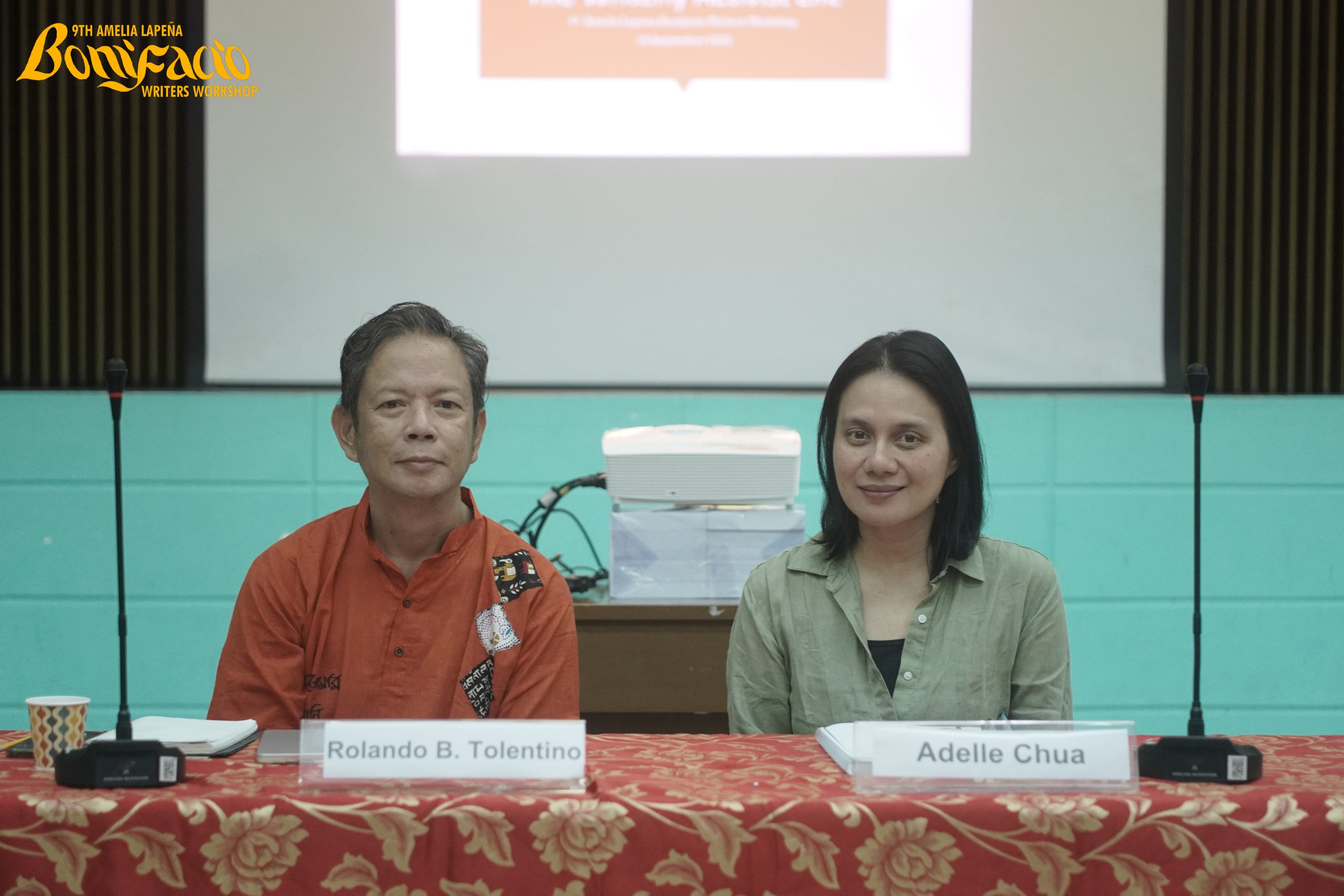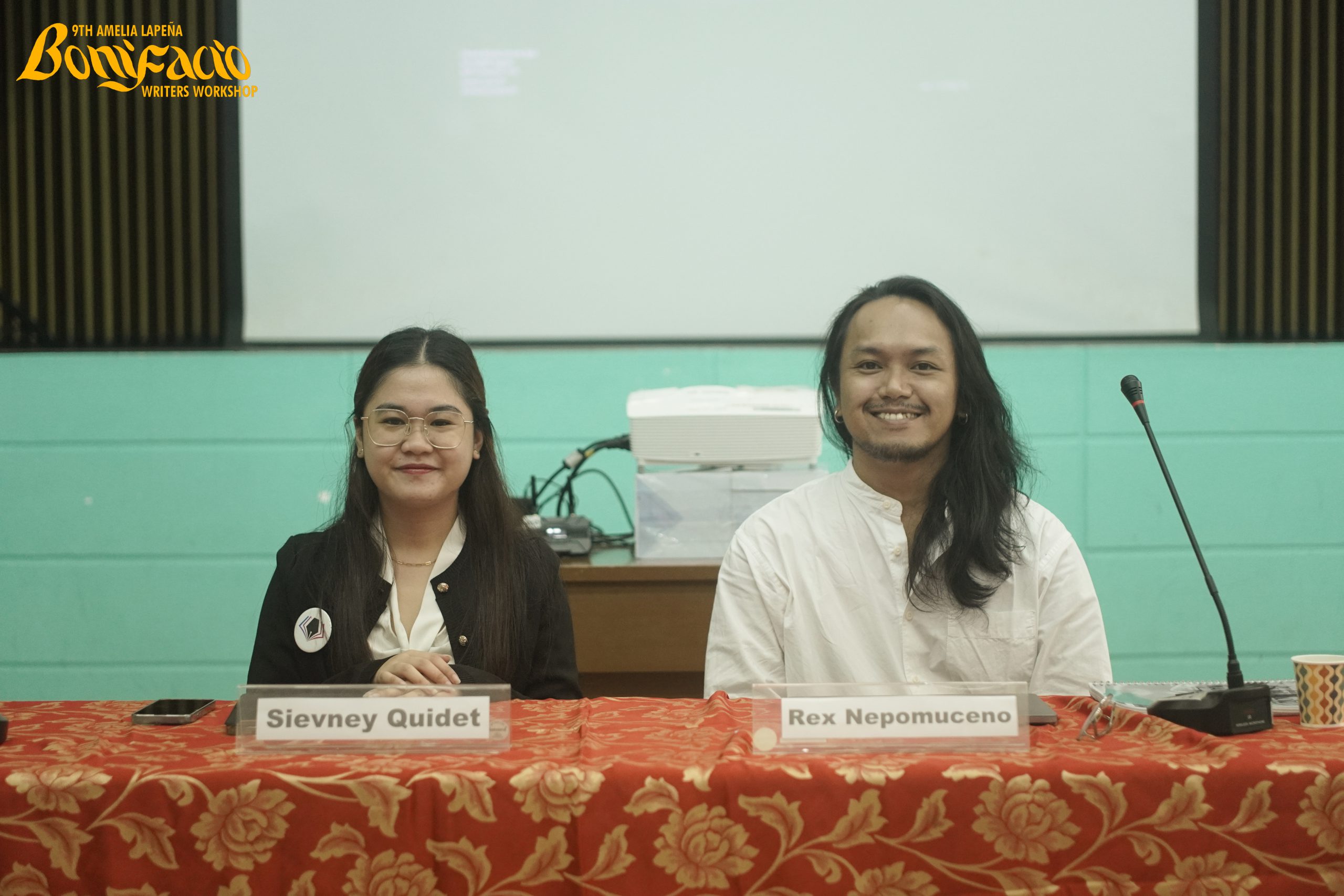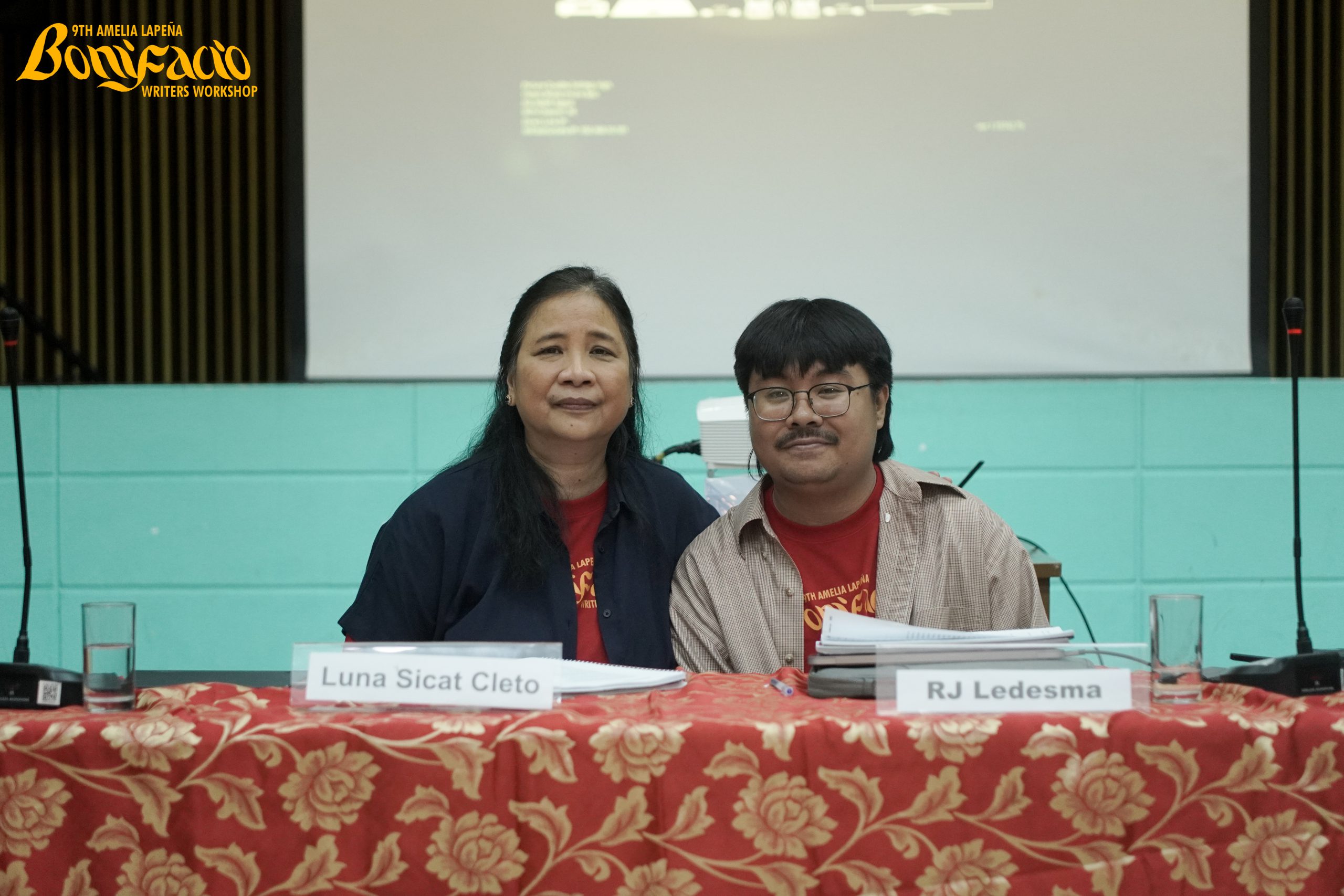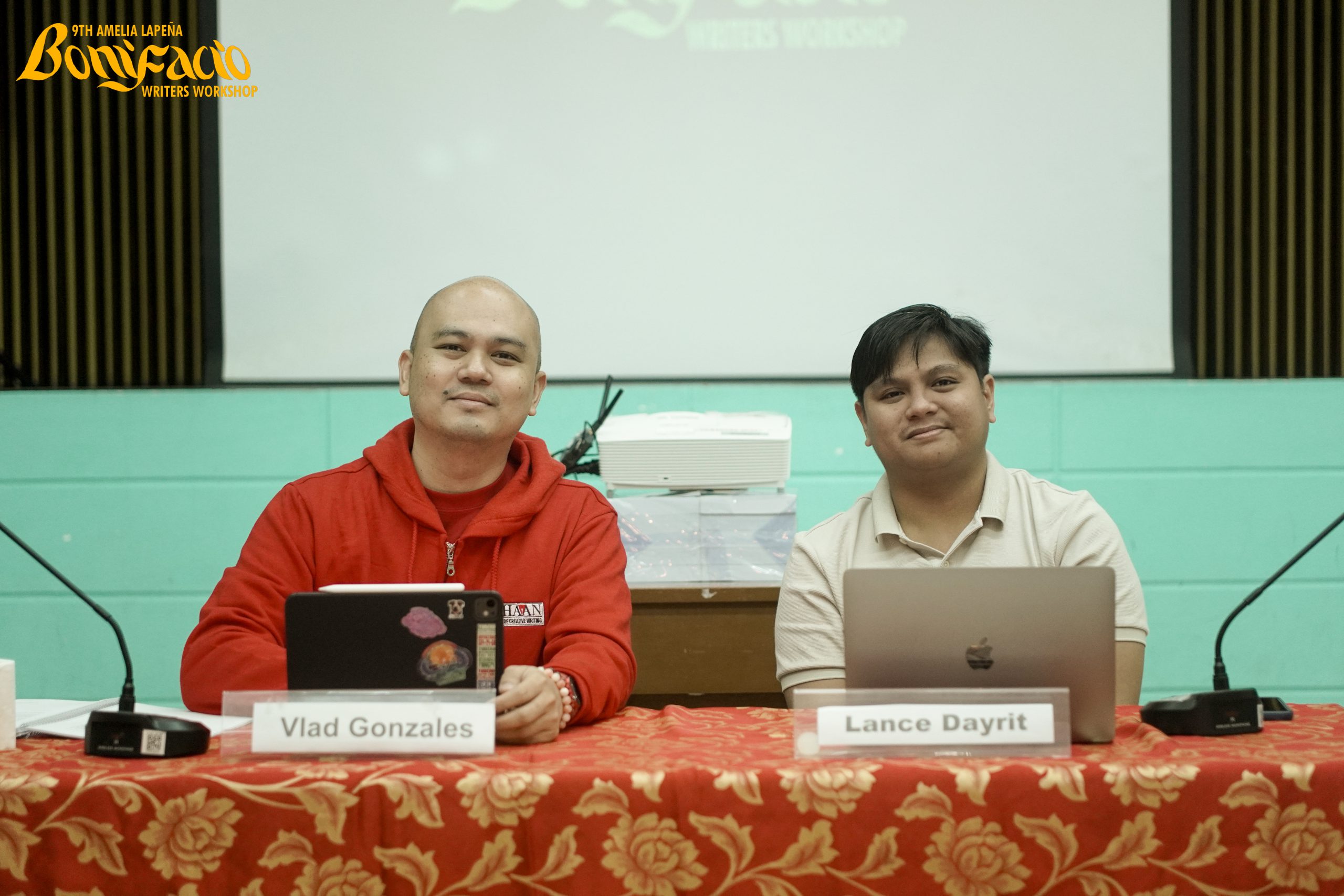Oceans: A Ponderance of My Poetics
There is an end to it.
The ocean, with its size and story, its brilliant deep blue and unceasing current — I cannot see it, and I don’t know where it is, but somewhere and somehow it ends at a shore. On a beach. In a port. It is not infinite, even when it feels like it. It holds a whole world, more than one probably, yet if one is just patient and gentle, if one is just persistent and curious enough, one can and will find the sand that marks the close of a journey. The end of a voyage. To sail endlessly is impossible. Even the sea cannot permit it.
There is an end to my suffering, even though I cannot see it. This life, this world, will not permit my infinity, my eternity. It will bring me the horizon, even as I beg to stay adrift at sea. It will insist to send me home.
***
Home today, where I write from, is Nouméa. A port and city in the southwest Pacific, the capital of an island nearly four thousand miles from Manila as the crow flies, a relic of the archaic French empire, the native land of the Kanak. I live in a flat that overlooks the marina, and so I wake up to the sea, to a vista that is different each day but consistently breathtaking. To call it beautiful is the grossest understatement. I arrived in winter — I will always remember this — and August in New Caledonia means white clouds and blue sky and bright yellow sun, but also, the cold. The light rain and biting wind in the afternoon, as one walks along the white beach of Anse Vata and Baie des Citrons. The scent and warmth of a freshly baked baguette and a black coffee wafting from the small café near where I work. I am home here, I am at home here, as to me it is a mirror of fall in southern California – my favourite season, in a place I cannot bear to return.
How I came to Oceania is less about mindful intent and more a scarcity of choice. I am what is called a ‘humanitarian and development worker’, which means my day job was travelling to coastal villages and makeshift evacuation centres in elementary schools in the aftermath of typhoons or earthquakes, and once a volcano eruption. I would ask farmers, fisherfolk, women and sometimes their children: how are you? What happened here? What is it that you need? I would type up my notes, fill in some paperwork, and hope that the cash and construction materials for boat repairs that they asked for is what the international donors would deign to provide. The Philippines is one of the best settings for someone who worked in disasters as the community needs are consistent and the natural hazards reliable, but the pace and the hours are unforgiving. It takes a certain kind of stamina to continually witness the most horrid injustices one cannot hope to change, and in the summer of 2022 I found myself finally incapable. I could not stay, but this work is all I knew how to do, and so for months I scoured the depths of the web for any other development organisation and developing country willing to take me. After a hundred applications I received only one offer. This is how I ended up working in climate change in the Pacific, the big blue continent, in an island province I knew nothing of.
That it was the same ocean – I could not resist the poetry. The same waters that began in the shores of my own archipelago, that I then contemplated from the edge of the Santa Monica Pier when I first came to the U.S. to help my father fight an incurable cancer, I find it again here. It found me again here.
There is a story I want to tell, but I quickly learned I do not yet have the skill to tell it. I found that every time I tried, I can neither scale its height nor reach its depths. I need tools, I need instruction, I need the language and the shape and rule of it to write of the day my father went to die. In the days and weeks that followed, as I packed his house in thirteen boxes and tucked his urn in an airplane cabin, I retched everything I tried to eat. I heard ringing in my ears and when any song drifted gently my way my hands would tremble. I missed his funeral service because I was at the back of the church in the forty-degree heat, seeing white, throwing up a doughnut, unable to breathe. This is how he died, I nearly choked on the words, this is how he died he couldn’t breathe. I couldn’t draw in enough air. My hands felt cold on the warm cement. I blinked and I was in the hallway of the hospital where I left him. The uncomfortable cold, the glare of the fluorescents. I blinked again and I was at his grave, tossing a white long-stemmed rose on the newly-turned earth that marked where they buried him. Where I had buried him.
I write (this) with honesty, because I am not nearly clever enough to try otherwise. How I write is brutal. In this story, the same one I want to bring to this workshop, I cut my father apart. There was no precision to what I did, no effort at elegance or finesse. In telling my story I stole his words and his life and his death, without a shred of his consent, because this is not something he can grant me from the afterlife. Many times as I wept and I wrote, I detested that I could not do it better, that I had not earned the skill to do it better. Each word felt like I was pressing upon a vein. Like I was cutting it open, and letting it bleed. And still I could only go on. I could only offer my secrets, only the unadorned truth, and only until there. It was strange to find that the greatest trauma of my childhood – my father leaving – was in fact only 306 words long. It was even stranger to learn that when I put something to paper, it loses its power, its potency. The hold it has over me weakens somewhat. If I can cage it with words, if I can shape it to my will, the terror recedes. He left me, or I left him, and that is the all of it. It took me my whole life to summon the strength of this. And yet.
It has been three years, and it will be three and thirty years, and still I do not have the words and the ability to tell this story. I keep writing it, the same one every time, but each time not enough. Whenever I sit to try it once more, I find another place for me to bleed. I prefer a slow drip to this untenable torrent. I realise that I don’t mind the poison, but I wish to be able to breathe. If only for a little, or for a while.
I write not to end my suffering, but to ease it. In the face of it I am always cut down to size. I forget who I am, maybe even how far I have come. I can’t recall my strength or if I had any to begin with. My heart, the weight of it, is not in my control. On most days I am pulled out of corporeal time without my consent and without any warning. The sheer work of living with it, though – the toil and the time and the chaos of it. Like they are intent to make it hurt, with no regard how that happens as long as it does. As long as any kind of peace is upended, because this despair is greedy. It will not give me an inch. It demands that I yield, repeatedly. For no other purpose except because that is what it likes, and that is its nature. This grief, my loss, is not unlike the ocean. It can only be cruel and resolute, because that is the only way it knows how. But when I write it – as I write it – it loosens its hold. In turn, it yields some of its power.
***
When I look out to the unending water, I often think about what it allows me. The possibility to try again, for one. To come back to this story, and to myself, and to my father, with far more care and intention than I had done before. I would like to write him well and better, to do justice to who he is in his entirety, and to perhaps divine the version I do not feel inclined to obscure. If I can even graze the surface of his goodness, of his incredibly generous heart and – just this – how easily he could make people laugh, then my work is done.
I intend to come back to my country, to my city in Manila and his hometown in Rizal, and mindfully place in stark relief that which makes it (and us) unique and ugly and real. I thought I had come to Nouméa to understand him more, to experience for myself what it is like to be away from home, and instead what I found were multitudes of why he is the way he was, so much of it beyond my comprehension. I have come to find his longing, for things we cannot hope to reach, for things we must keep alive on our own. It is the same ocean, but like my father, I know now from which shore I wish to stand.
To come back, and to know that true voyage is return. ♦
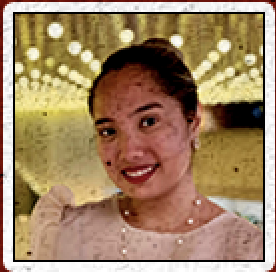 ABOUT THE AUTHOR
ABOUT THE AUTHOR
Kara Medina is a humanitarian and development professional working in the intersection of gender equality, disaster resilience, and climate change adaptation in the Asia Pacific. She is a technical specialist for environmental and social safeguards at the Pacific Community (SPC) and was a gender in emergencies adviser for CARE International. She received a masters in Women and Development from the University of the Philippines, and a Palanca for Essay in 2024. She is based in Nouméa, New Caledonia.


